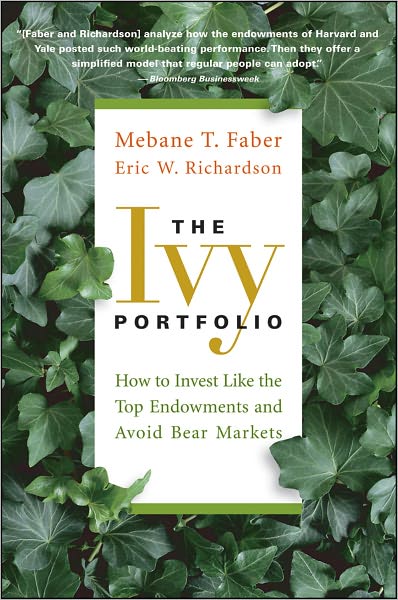Post 1500, Post Launch
Every 100 posts, I take a step back and try to think about where we have been over the last five months.? The investment world has been bullish, favoring stocks and commodities, and not bonds.? Money market rates have been driven to zero or so. (Have they tried to bill you yet for holding your money? 😉 )
I have a wide array of interests, which is what makes my blog a little different.? I’ve been doing more with stock and bond investing, which reflects the work that I do, but I still have time for commentary on Macroeconomics, banking regulation, and monetary policy.? I know that there are few who want to read everything I write, but there are many who want to read a few things I write.
The biggest things I have written recently have been:
- Impossible Dream, Part 1 5,385 Views
- Critical Analysis of Buffett?s Annual Letter 4,882 Views
- Impossible Dream, Part 2 3,815 Views
- Most People are not Better off Buying Common Stocks on their own 2,437 Views
That doesn’t count RSS and the many places where my blog is syndicated. I’m relatively free with my content.? But if you are reading me elsewhere, if you want to make a comment, please come to my site.? I do not interact with readers outside of my own site, and that includes Seeking Alpha.? I don’t have time for it, so if you want my attention, come to my site.
Away from blogging, my asset management business has launched.? let me quote from an e-mail to a more successful friend of mine:
I have had a lot of lessons over the past four months, and I don?t think they are over.
1) Unrealistic expectations: partly because there was quite a lag between my announcement and my start up, a lot of people that I think lost interest because of the lag.? But when I talked with other investment advisors later, they told me I had:
- More prospects than I should reasonably expect for a new advisor, and
- A better conversion percentage of prospects to clients than most, and
- Chosen an underserved section of the market ($100-500K).
So, after four months, I am managing a little more money than my own assets at the firm, with about 12 clients, and 5 more on the way.
2) I did not realize that I would need to create fixed income management so early.? But for those that can?t hedge, I had to have another way of reducing equity market risk.? No track record there, but a lot of experience doing it, both with bonds and ETFs.
3) The most common objection of potential customers is that the market is too high, and so they don?t want to invest.? Still more asked for a Tactical Asset Allocation strategy, which I eventually created.? No telling whether it will work well, or build assets.
4) Custodial issues have not been absent.? Getting set up with Interactive Brokers is more difficult than with most because everything is automated; if one thing is wrong, it rejects and you have to try again.? Once Interactive Brokers is set up though, things work easily, the trading tools are great, and they are cheap, especially for clients in $100-500K range.? So I try to help clients as much as I can going in; so far, so good, with a little annoyance to me and clients.
Aside from that, I have been underperforming of late.? Not by much, but it feels bad to be missing the benchmark with the money of others.? I did not enter this business to lose.? After beating for so many years, it is a test to be missing now, largely because my posture is the most conservative it has been for the last eleven years.Anyway, that?s how I am doing.? I think I will reach viability by the end of 2012, but who can tell?
Indeed who can tell, but I got another new client today, equal to my largest external client, and there may be more if I do well.? I am grateful for their confidence.? Hey, perhaps one day I might get investors larger than me.? I hope so.? If I get to double my current size, I will try to hit up the emerging manager funds — there aren’t many emerging managers with 11 year track records.? And from there, who can tell?
I have an intern (child #7) and she is a very bright young woman who wants to learn investing.? She may have the “gene” that I got from my mom, but she sees this as the best way to be economically productive as a future wife and mother.? My Mom and Dad were equals economically, though Dad’s work made more difference early with his work — Mom earned more in the later years from the investing.? Give Mom credit for wisdom, and Dad credit for setting her free to do it (more or less).
I am enjoying this a lot, and am not worried about recent underperformance.? It has always corrected in the past, and then some.? If nothing else, it makes me work harder.? I like working hard.



